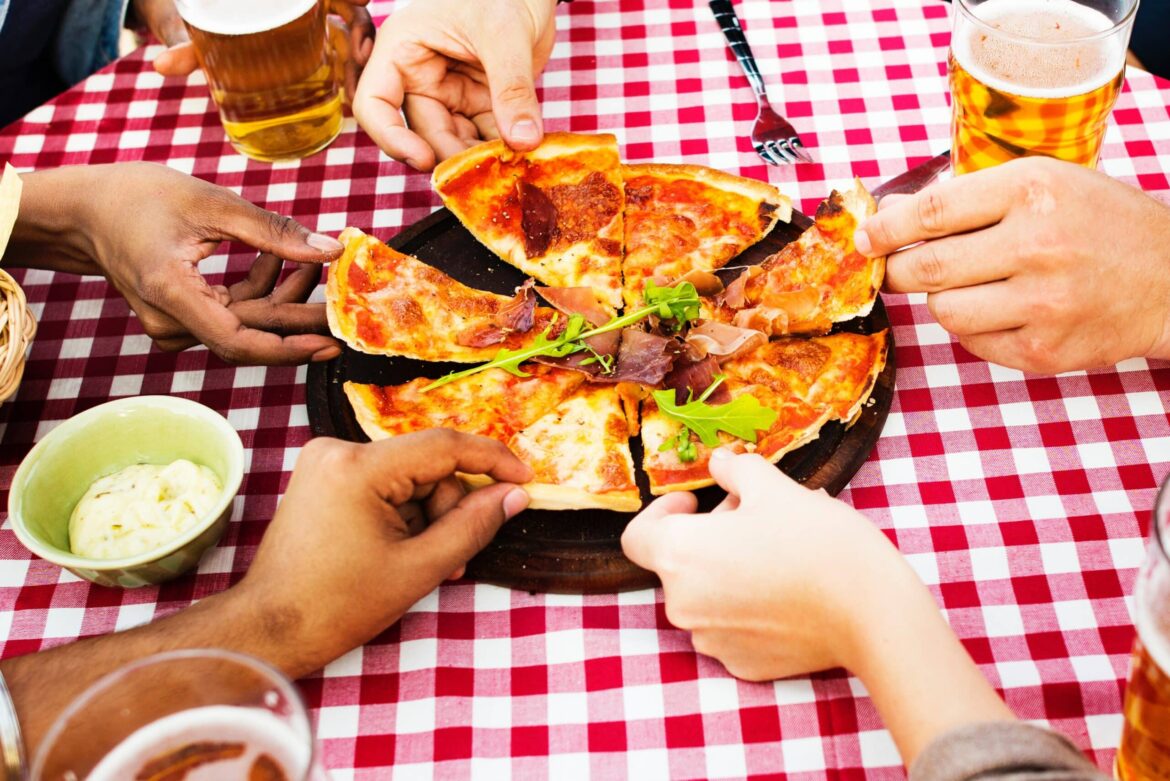964
If you are wondering what food sharing is, find out. Here you can learn all about the concept of the initiative and how you can get involved yourself.
What is food sharing? A brief explanation
The guiding principle of food sharing is: Don’t throw away food! The aim is to save food while raising awareness of sustainable consumption.
- Through various platforms and networks, individuals and businesses can share surplus or unwanted food for free instead of throwing it away.
- Are you going on vacation but the fridge is not empty yet and you can’t or don’t want to freeze your food? Then you can list your food on www.foodsharing.de.
- To do this, you must register for free on Foodsharing. Alternatively, you can also log in with Facebook. Registration is free of charge.
- Food savers will then contact you and arrange a pick-up date. They take the food with them and redistribute it.
- In many cities, there are also so-called “Fairteiler”. These are public places where you can deposit and take away saved food.
- You can also find missing ingredients online in your area and let your smartphone navigate you to the location.
Food sharing – what you need to bear in mind
If you are interested in food sharing, there are a few important points to keep in mind. Although it is a great way to save and share food, there are some rules that help to ensure that the whole thing runs smoothly and that the quality of the food is maintained.
- Not all food can be given away: If the products have a use-by date (use by…), they are excluded from food sharing (e.g. raw fish and raw meat).
- Goods with a best-before date (best before…) are not a problem.
- You are also not allowed to share food or medication that you have prepared yourself. This also applies to clothing, toys and other non-food items.
- Food sharing is based on mutual respect and trust. It is important that everyone involved treats each other fairly. When you pick up food, you should only take what you really need to ensure that there is enough left for the other users.
- If you are registered as a food saver with a store, you should be reliable and adhere to the agreed pick-up times. The businesses trust that the food will be picked up on time to make room for new products and to avoid creating additional waste.

